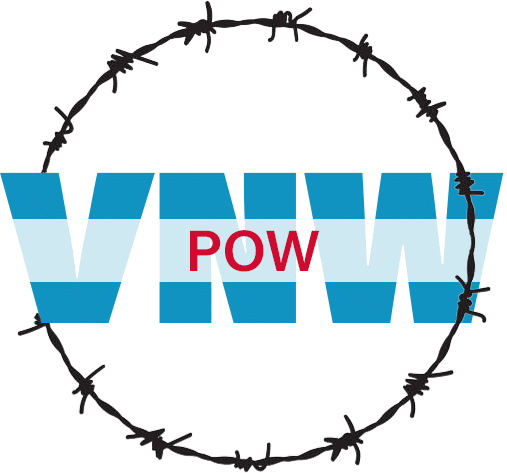Everybody says we had nothing to do, but we did have something to do, we had an obligation to fulfill,” Lieut. Col. Alan Lurie said recently. “That was to follow the Code of Conduct, to resist the North Vietnamese attempts to exploit us. And that was full‐time job in that situation.”
Colonel Lurie is one of 587 former prisoners of war who have returned to this country in recent months. As they have bounded off planes, hugged wives and children, held news conferences, thrown out first balls and waved to countless cheering crowds, the American public has been surprised to find them so well and alert after an ordeal that lasted as long as eight years.
Probably the most important explanation for their condition was noted by Colonel Lurie, an articulate, pipesmoking father of three children. The prisoners did not waste away, nor did they merely try to survive. They had a positive, and, they felt, vital mission—resistance.
That mission provided the structure and purpose of life for most of the prisoners, particularly the more than 80 per cent captured in North Vietnam. And it helped produce the extraordinary uniformity and zealous patriotism that have marked their public utterances since their return.




